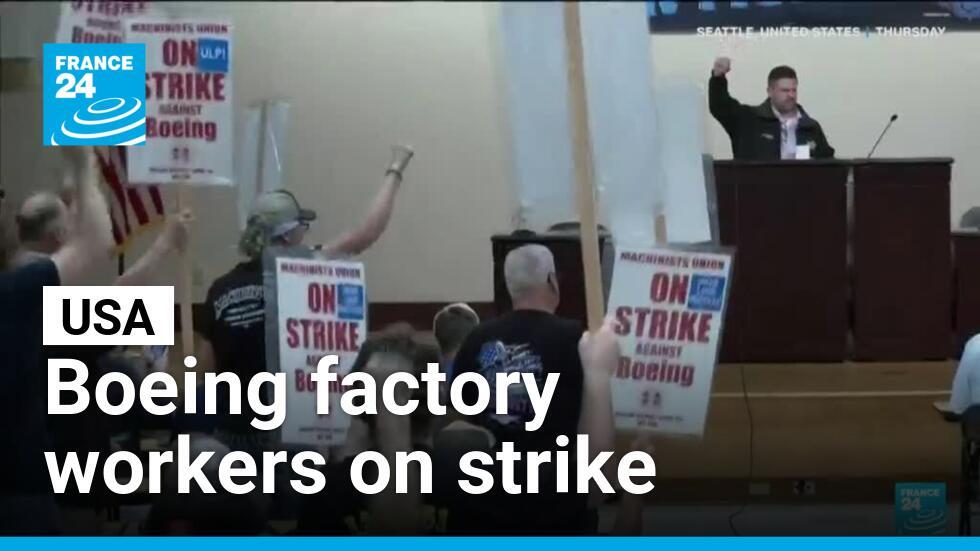AFP
October 25, 2024

The 20-year statute of limitations expires Friday on the "Tai Bak massacre", meaning that the killers will never be brought to justice - Copyright AFP I-Hwa CHENG
Montira RUNGJIRAJITTRANON
Survivors of one of Thailand’s most notorious massacres Friday joined the families of 78 victims who suffocated to death in army trucks to voice anger that those responsible will never be brought to justice.
Twenty years after the October 25, 2004 tragedy known as the “Tak Bai massacre”, relatives and supporters gathered for prayers to commemorate those who died.
As well as the anniversary of the incident, Friday is also the day the 20-year statute of limitations expires, and murder charges against seven suspects will be dropped.
Prime Minister Paetongtarn Shinawatra — whose father Thaksin was premier at the time of the incident — on Thursday apologised on behalf of the government.
But she said it was not possible to extend the statute of limitations or prolong the case, despite appeals from campaigners.
The incident has long stood as an emblem of state impunity in the kingdom’s Muslim-majority southernmost provinces, where conflict has rumbled for years between government forces and separatist insurgents.
“There is no natural justice in our country,” Khalijah Musa, whose brother Sari was killed at Tak Bai, told AFP in an interview, saying those responsible deserved the death penalty.
“It’s not equal… we in the southernmost provinces are not part of the (Thai) family. Our voices are just not loud enough.”
The conflict in the “deep south” has seen more than 7,000 people killed since January 2004 as security forces have clashed with insurgents seeking greater autonomy for the region, which is culturally distinct from the rest of mostly Buddhist Thailand.
Around a hundred relatives, survivors and supporters gathered at the cemetery of a mosque in Narathiwat province on Friday morning to pray at a mass grave for the Tak Bai victims.
“It feels like it was only yesterday. I don’t think I can get over it,” Mariyoh Chewae, who lost her brother in the incident, told AFP.
“I hope the Thai state treats everyone equally no matter which religion we practise.”
– ‘Not worth it’ –
Security forces opened fire on a crowd protesting outside a police station in the town of Tak Bai in Narathiwat province, close to the Malaysian border, killing seven people.
Subsequently 78 people suffocated after they were arrested and stacked on top of each other in the back of Thai military trucks, face down and with their hands tied behind their backs.
Mariki Doloh, who survived the incident but had to have a leg amputated, said he was still deeply traumatised by his experience.
“I was just passing by and the police arrested me,” he told AFP.
“I don’t understand why they did this to us. I didn’t think I would survive.”
In August, a provincial court accepted a criminal case filed by victims’ families against seven officials, a move Amnesty International called a “crucial first step towards justice”.
But the officials — including a former army commander elected to parliament last year — have avoided appearing in court, preventing the case from progressing.
On Monday the court is expected to formally dismiss the charges, ending a case that has become synonymous with lack of accountability in a region governed by emergency laws and flooded with army and police units.
No member of the Thai security forces has ever been jailed for extrajudicial killings or torture in the “deep south”, despite years of allegations of abuses across the region.
In 2012, the government of then-prime minister Yingluck Shinawatra — Thaksin’s sister and Paetongtarn’s aunt — paid the families of each of the dead 7.5 million baht ($220,000) in compensation.
But Parida Tohle, 72, whose only son Saroj, 26 died in one of the trucks, said the compensation meant little.
“In exchange for my son’s life it was not worth it,” she told AFP.











 06:42
06:42 



